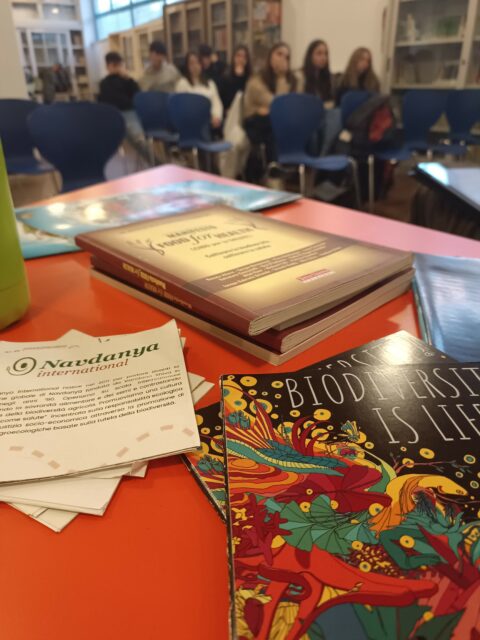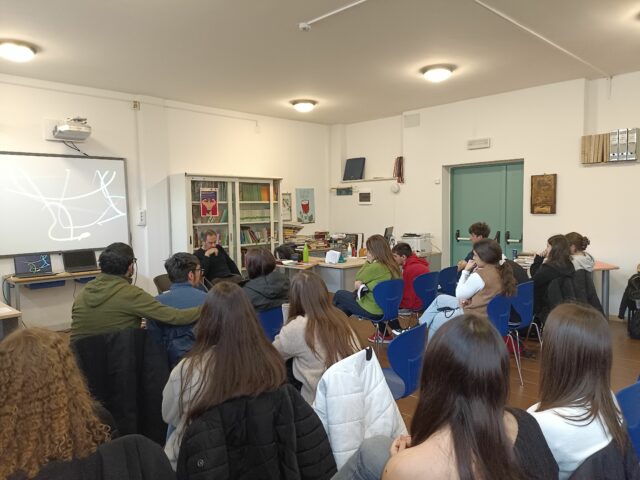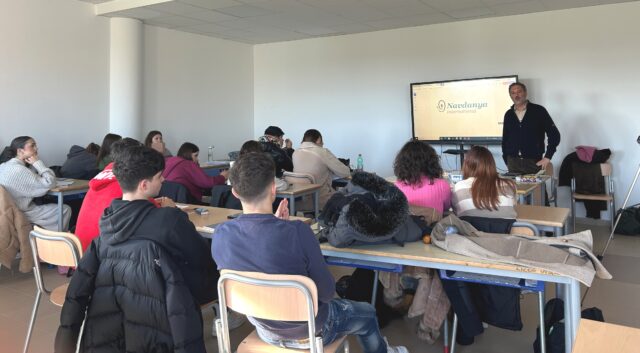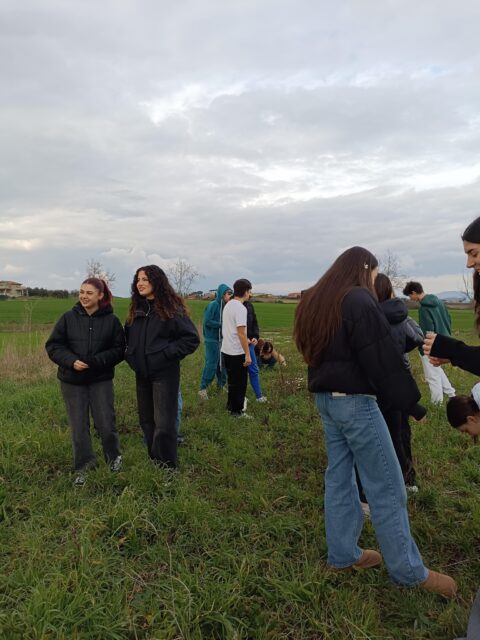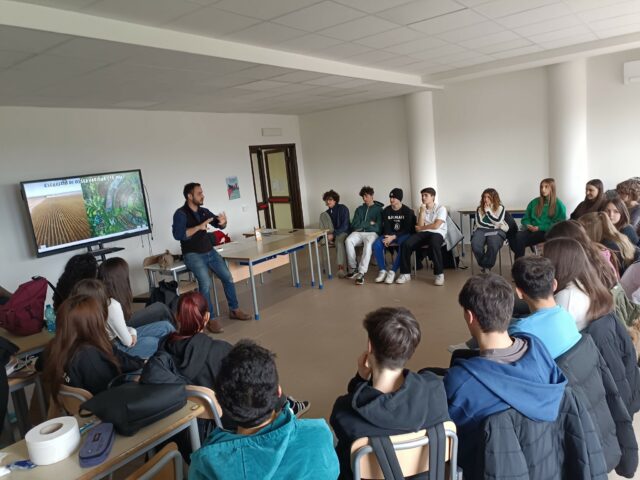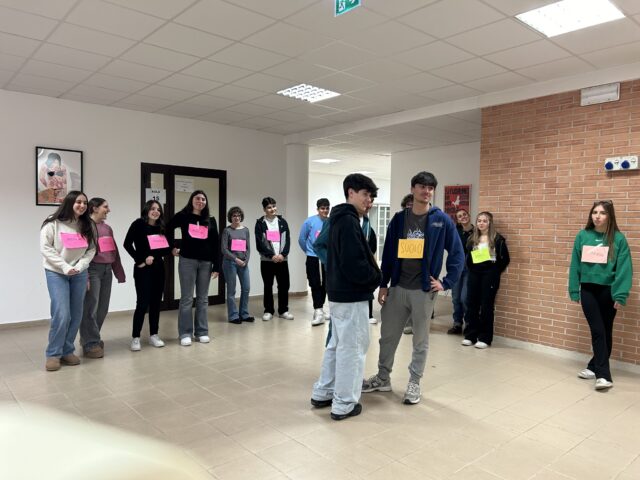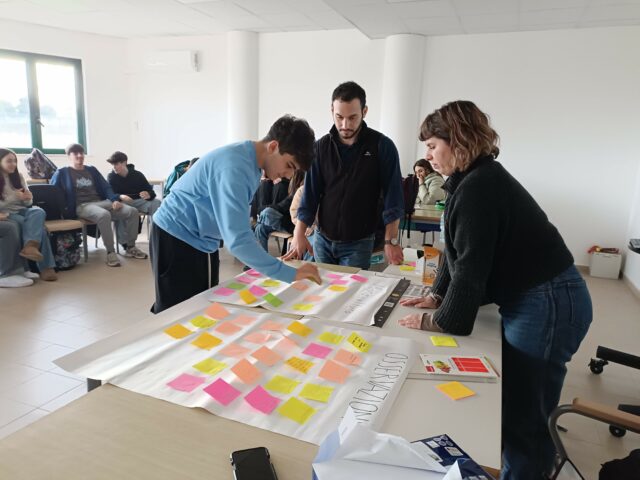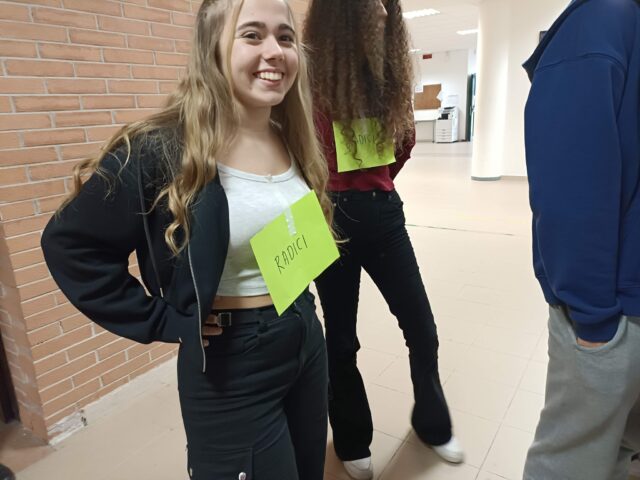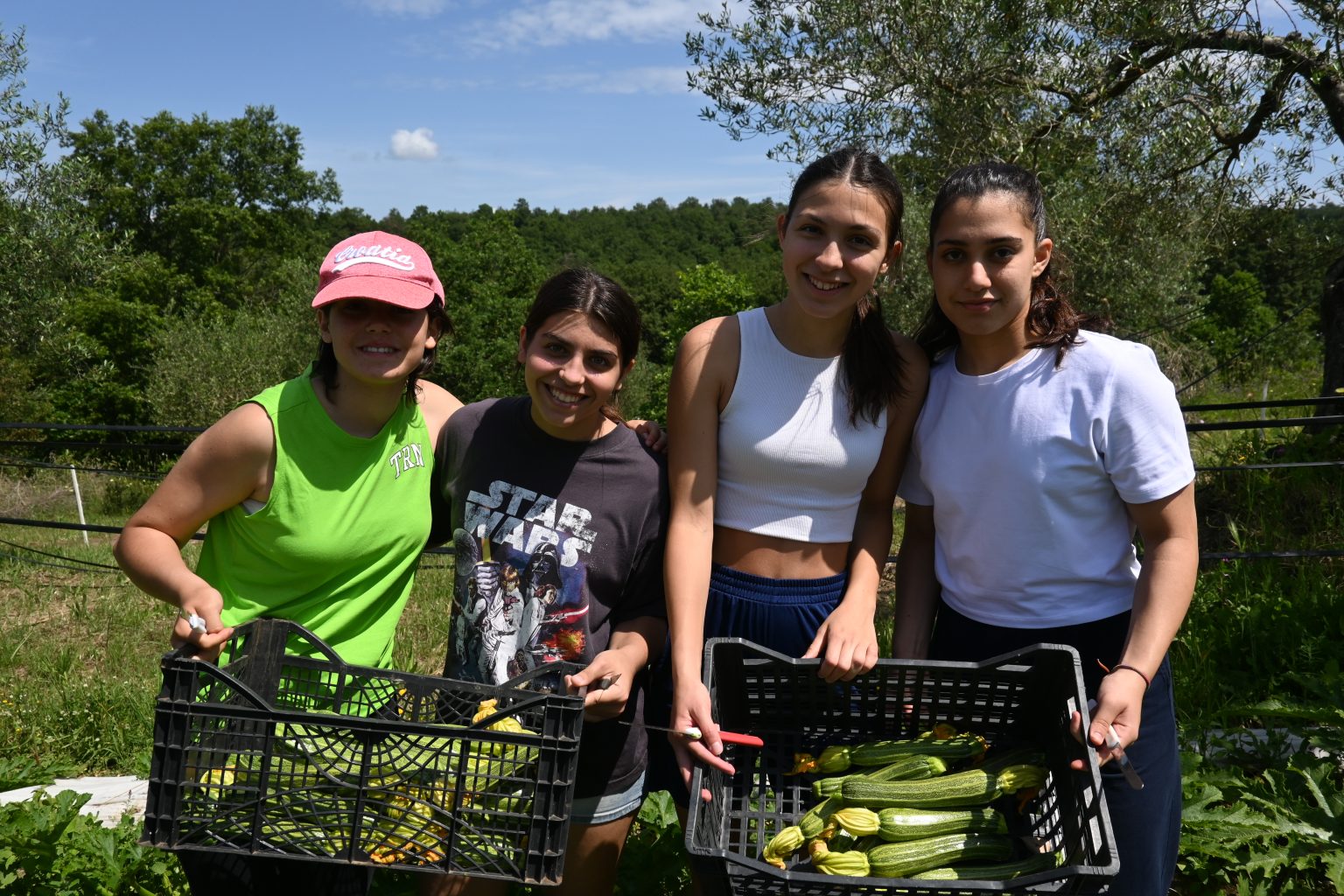
Centered on practical and theoretical training, the Terrae Vivae project promotes a deeper understanding of the interconnections between soil health, biodiversity, and human well-being, offering a holistic perspective on sustainability. Students engage in hands-on projects such as organic farming, permaculture, and natural resource stewardship while developing skills that contribute to a future in harmony with the Earth. Through direct, on-the-ground experiences with experts and activists, the program seeks to raise awareness among young people about the need to transform living patterns to ensure an ecological and resilient future.
«Terrae Vivae builds on the legacy of the Biodiversity is Life project, funded by the 8×1000 of the Italian Buddhist Union, and runs in parallel with other initiatives developed in conjunction with the Ecology Agenda of the Italian Buddhist Union over the past three years. This ambitious effort has engaged hundreds of students in educational journeys aimed at fostering full ecological awareness.» (Terrae Vivae: ecological communities in transition, by Manlio Masucci, GATE – Il portale dell’Unione Buddhista Italiana).
Program Goals
- Build Foundational Ecological Knowledge: Equip students with a comprehensive understanding of key ecological themes, including soil health, seed diversity, sustainable food systems, water conservation, and forest stewardship.
- Promote Environmental Stewardship and Active Citizenship: Inspire students to take responsibility for their local ecosystems and actively participate in sustainable practices that enhance the health and resilience of their communities.
- Develop Practical Skills in Conservation and Regenerative Practices: Through hands-on activities, workshops, and field visits, provide students with practical skills in conservation, regenerative agriculture, and resource management that can be applied in real-life settings.
- Foster a Sense of Place and Community Connection: Encourage students to develop a deeper understanding of their environment, food production systems, and rural communities through direct observation. Strengthen their connection to local landscapes and cultures, fostering an appreciation of traditional ecological knowledge and community-driven solutions.
- Encourage Reflection and Critical Thinking: Through reflective activities and discussions, challenge students to explore the global implications of local environmental issues and think critically about sustainable solutions.
The Terrae Vivae project, supported by the Ecology Agenda of the Italian Buddhist Union and implemented in collaboration with local schools, offers high school students participating in the Pathways for Transversal Skills and Orientation (PCTO) a unique opportunity to learn ecological and sustainable practices while actively contributing to the creation of ecological communities.
Activities
Understanding the Land to Shape the Future of Local Communities
On January 28 and 29, the ecological education program began for students enrolled in the Pathway for Transversal Skills and Orientation (PCTO) at Liceo Ignazio Vian in Bracciano and Anguillara. This marks the launch of the first training course under Terrae Vivae, the School of Diffused Agroecology, promoted by Navdanya International with the support of the Ecology Agenda of the Italian Buddhist Union. Read more
What is Agroecology?
February 11 & 13, 2025 – This was the question that kicked off the second Terrae Vivae meeting with students from Ignazio Vian High School , participating in the PCTO (Transversal Skills and Orientation) Program.
The first step toward a holistic vision that unites ecology and agriculture was understanding the meaning of “environment” through exercises in observation and reflection on our own culture.
From the ancient Romans to the fields surrounding the school, we explored how humans are both shaped by and shape their environment. We reflected on the impact of monoculture and how it has transformed our landscapes over the past 4,000 years.
The most striking consequence of monoculture—desertification—led us to the key solution for today’s environmental and climate crises: Agroecology.
Through interactive exercises and games, students discovered why holistic approaches are essential to safeguarding both our ecosystems and cultural heritage.
Learn more:
Regenerating Ecological Communities
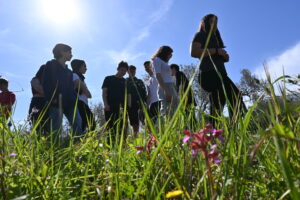 Navdanya International’s educational program fosters ecological awareness and agroecology to build resilient communities. Through educational pathways and hands-on experiences, it engages students, teachers, and citizens in strengthening the connection between biodiversity, culture, and food systems. Rooted in local territories and guided by sustainability, this initiative promotes a deep, place-based education.
Navdanya International’s educational program fosters ecological awareness and agroecology to build resilient communities. Through educational pathways and hands-on experiences, it engages students, teachers, and citizens in strengthening the connection between biodiversity, culture, and food systems. Rooted in local territories and guided by sustainability, this initiative promotes a deep, place-based education.

